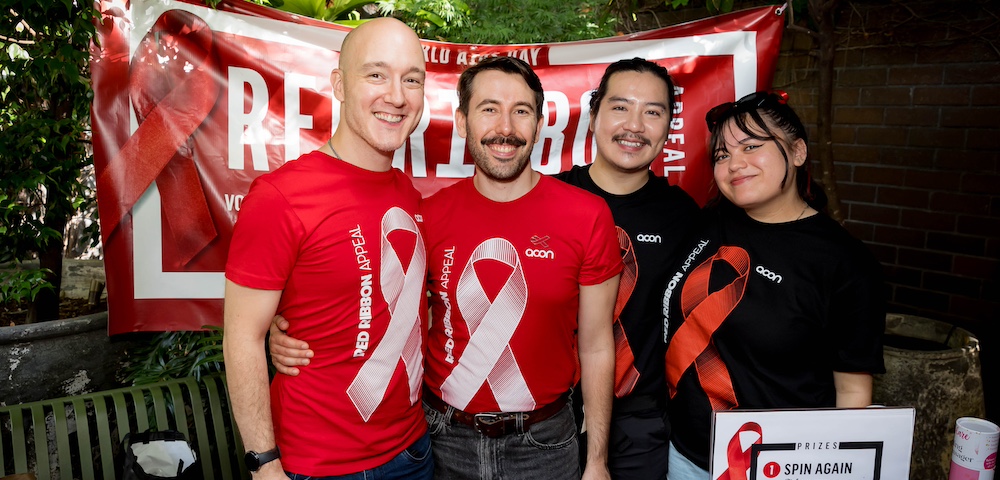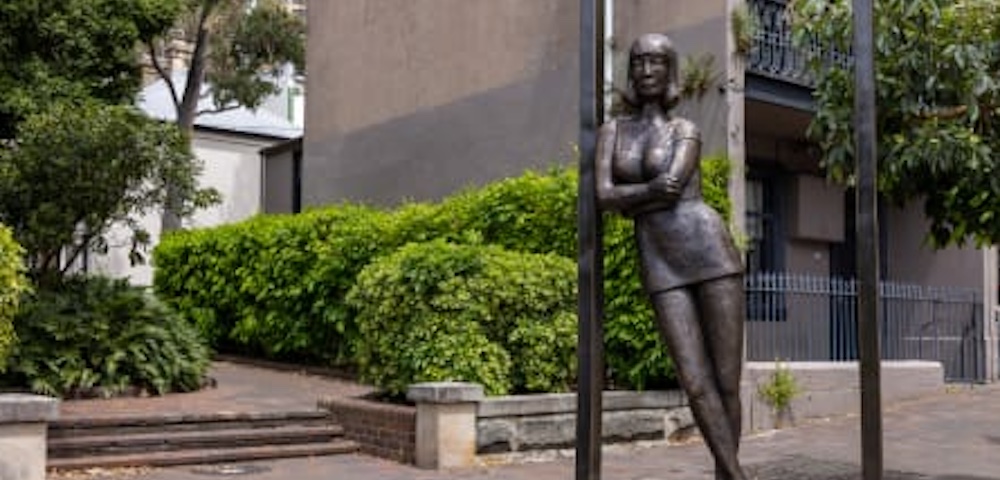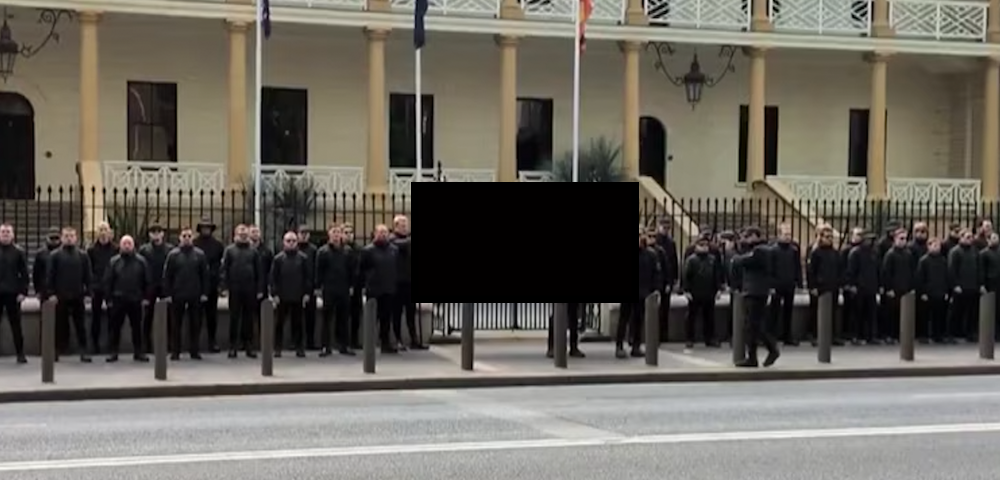
High price of freedom
With English director Michael Winterbottom at the helm and US treatment of alleged terrorists in the frame, The Road To Guantanamo was always going to be contentious. Winterbottom’s recent releases include 9 Songs, which extensively depicted real sex, and his latest effort is no less confronting.
Part documentary but mainly dramatisation, The Road To Guantanamo is the disturbing story of the so-called Tipton Three, a trio of friends from Tipton in Britain who, like Australians Mamdouh Habib and David Hicks, became synonymous with the nightmare of Guantanamo Bay.
Their story -“ and Winterbottom’s film -“ begins in September 2001, around the time of the terrorist attacks in New York.
One of the three young Britons, Asif Iqbal (played here by Arfan Usman), heads to Pakistan to meet a prospective wife. Three other friends join him as The Road To Guantanamo takes on the guise of an exotic travel documentary.
After a Pakistani imam urges them to help war-torn Afghanistan, the four make their way to the neighbouring country, where part of The Road To Guantanamo was shot.
Afghanistan’s eerie beauty is only a momentary diversion. The increasingly evident rocket launchers and military vehicles are a sign of what’s to come, and disaster arrives when the travel-weary Britons board a bus to take them back to Pakistan. Instead they find themselves in Taliban-held northern Afghanistan in the midst of a US bombing campaign.
Along the way the group of four becomes three -“ one of the travellers is lost and is never heard from again. The three Britons eventually fall into the hands of US forces. Accused of terrorism, they are transferred, hooded and handcuffed, to purpose-built cages in Camp X-Ray, Guantanamo Bay.
Over the next two years, the three endure physical and psychological torture and relentless interrogation at Camp X-Ray, then the newer Camp Delta. Winterbottom and co-director Mat Whitecross convey the hellish camps with few graphic scenes. The psychological abuse by prison guards and implied violence are harrowing enough.
Moments of compassion are rare but striking. A camp guard’s offer to remove a plate-sized tarantula from a prisoner’s cell is strangely touching, as are the bonds the prisoners build despite language barriers.
The Road To Guantanamo‘s central tragedy is of four apparently well-intentioned but na? young men who made bad choices and lost years of their lives and more.
The film is also a powerful indictment of the abuse of justice perpetrated by the camp interrogators purportedly representing democracy -“ and their political masters.
Having endured two years in Guantanamo Bay, the Tipton Three -“ Iqbal, Shafiq Rasul and Ruhel Ahmed -“ were released without charge in Britain in March 2004.
Their experiences could have sparked deep embitterment, but the real-life trio are philosophical when interviewed at the end of The Road To Guantanamo. They say their incarceration only strengthened their religious faith.
Despite continuing to upset authorities (Ruhel Ahmed was recently refused a visa to visit Australia for the film’s launch), The Road To Guantanamo is a compelling commentary on the dark side of the war on terror.
The Road To Guantanamo opens on 16 November.









